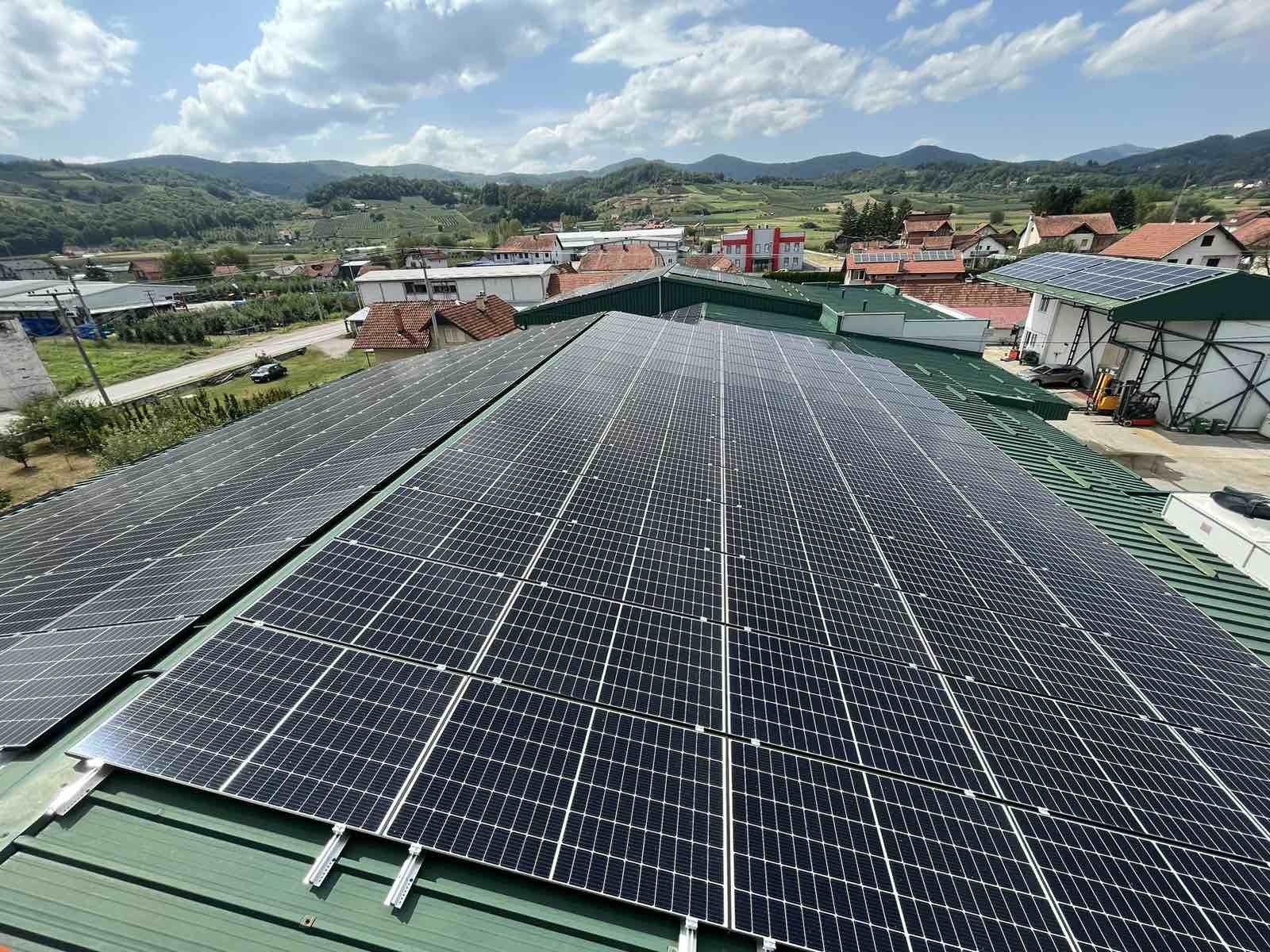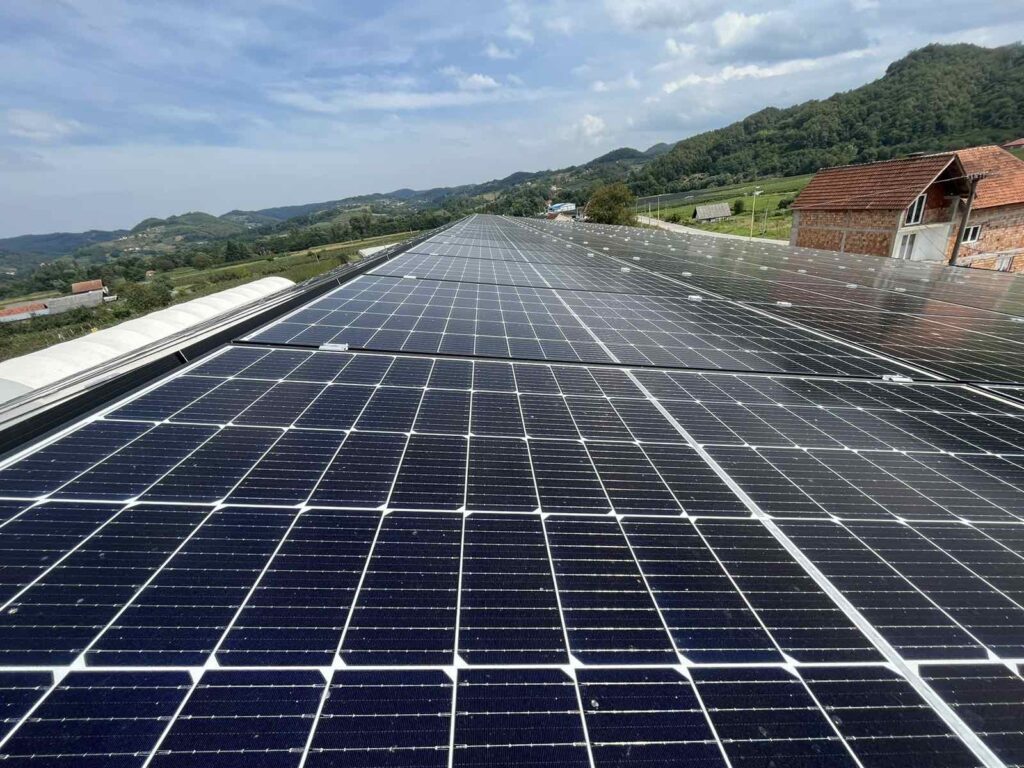
To tackle challenges like the rising cost of production, climate change, and market turbulence, Serbian fruit and vegetable producers are turning to innovative solutions. One such solution is solar panels, which provide a stable energy supply for maintaining the quality of fruits, particularly in cold storage facilities, while simultaneously reducing harmful gas emissions and the long-term cost of operations.
Connecting Serbian SMEs with Local Consultants
Unfortunately, many companies that would invest in such solutions are unaware of the financing available to them. They often lack the adequate financial background necessary to apply for such financing, especially in rural and less developed parts of Serbia. To assist small- and medium-sized enterprises (SMEs) in quickly adapting to climate change and encourage investment in innovative solutions, the Big Small Businesses Project, known as Projekat Velika Mala Privreda locally, provides essential technical support through local consultants. Consultants educate SME owners about sources of financing, advise on investments, manage their financial applications, and increase their chances of successfully obtaining investment financing from banks, state funds, and other institutions.
Funded by USAID and implemented by ACDI/VOCA, the Big Small Businesses Project is a five-year activity that aims to help SMEs integrate into higher value-added value chains and developed markets. The project has partnered with two companies, LAKI and B.S.A. Fruit, which have taken proactive steps to address cost challenges and ensure sustained competitiveness.
Two Fruit-Producing Companies Invest in Their Futures
Both companies are involved in procuring, processing, freezing, packaging, and distributing fresh and frozen fruits, exporting primarily to European Union countries, such as Germany, France, Belgium, the United Kingdom, Israel, and New Zealand. Annually, they process over 3,000 tons of fruit, 70 percent of which are raspberries. Employing more than 80 workers and sourcing fruits from more than 400 agricultural households in municipalities in southwestern Serbia, these companies are deeply integrated into the local agricultural ecosystem.
After analyzing their expenses with consultants, the companies found high energy costs incurred during prolonged inventory retention in cold storages. Both companies invested in solar power infrastructure to reduce their reliance on expensive electricity. LAKI chose to install panels with a capacity of 260 kilowatts with financing secured with a Development Finance Corporation guarantee in ProCredit Bank. B.S.A. Fruit embarked on a solar power project with a capacity of 160 kilowatts.

Supporting the Green Economy
From March 2023 to February 2024, the Big Small Businesses Project mobilized seven local consultants to 46 Serbian SMEs, 10 of which were women-owned. Consultants conducted awareness-raising sessions on all available sources of financing. They also provided personalized financial planning to SME owners, enabling SMEs to obtain approvals for external financing of investment projects totaling USD 26.9 million, USD 12 million of which was related to the green economy. Participating SMEs secured eight loans, valued at USD 3.1 million, with the Development Finance Corporation guarantee in ProCredit, Addiko, and Intesa banks. Investments like these underscore the sector’s commitment to environmentally sustainable practices that can be adapted for the changing market conditions.
Learn more about the Big Small Businesses Project (Projekat Velika Mala Privreda).
Learn more about our work in Serbia.








